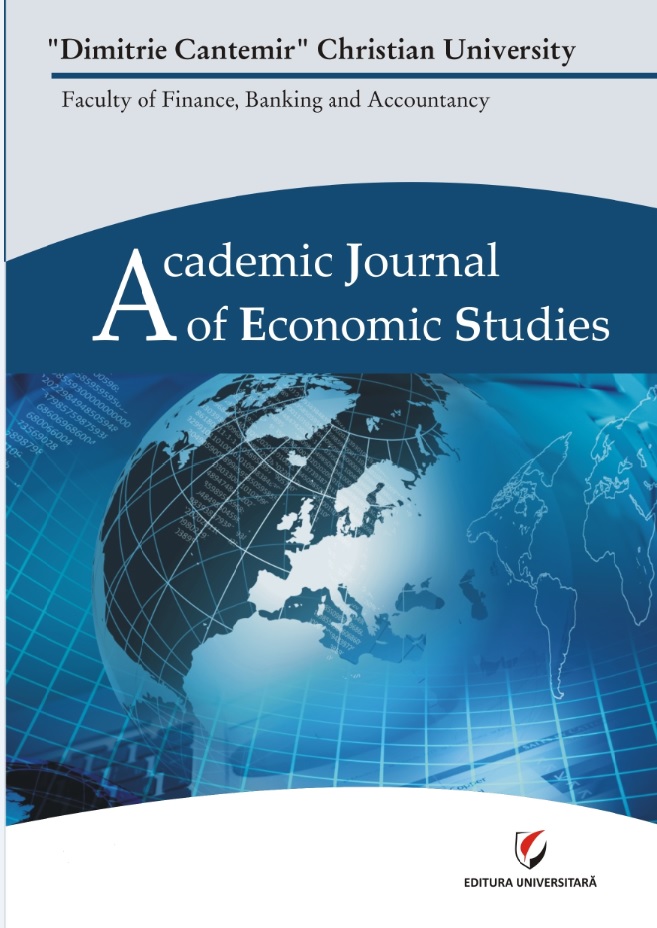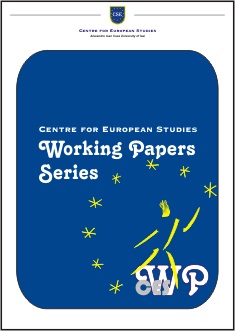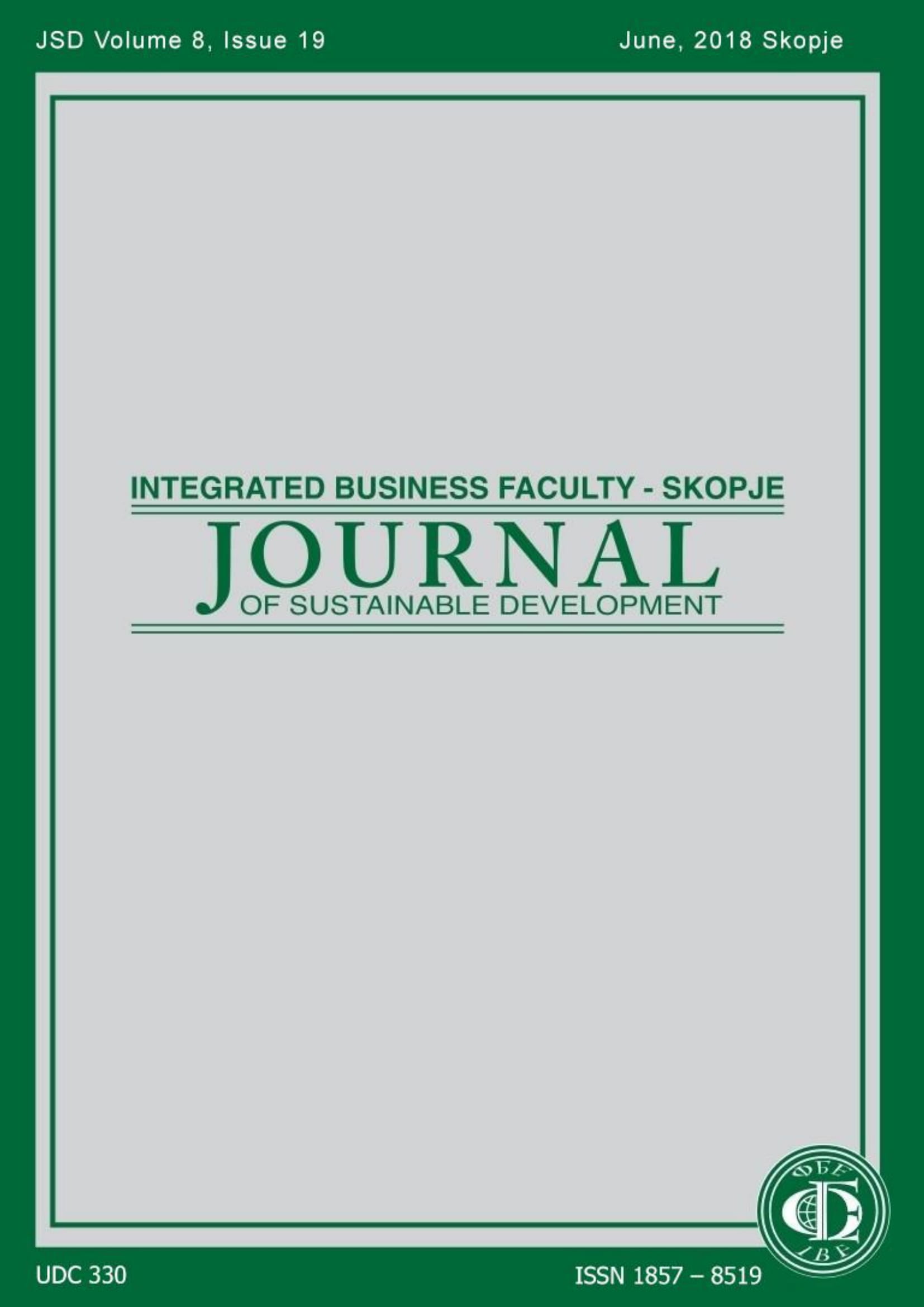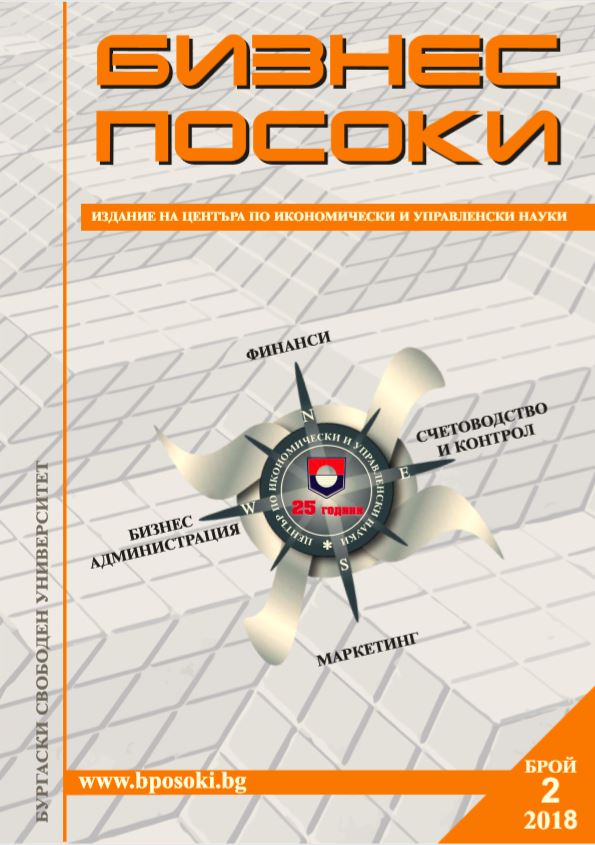Author(s): Robert Faff,Xuefeng Shaob,Faisal Alqahtani,Muhammad Atif,Anna Białek-Jaworska,Angel Chen,Geeta Duppati,Marisol Escobar,Marinela Finta,Anne Jeny,Marcio Machado,Takahiro Nishi,Bao Hoang Nguyen,Jae-Eun Noh,Jurij-Andrei Reichenecker,Hideaki Sakawa,Eleftheria Vaportzis,Luluk Widyawati,Singgih Wijayana,Chinthake Wijesooriya,George Ye,Nan Li,Clara Zhou / Language(s): English
Issue: 2/2018
The global language of scholarly research is English and so the obstacle of getting noticed is montainous when the article is not written in the English language. Indeed, despite rapid advances in technology, the “tyranny of language” creates a segmentation inhibiting scholarly research and innovation generally. Mass translation of non-English language articles is neither feasible nor desirable. Our paper proposes a strategy for remedying this segmentation – such that, the work of non-English language scholars become more discoverable. The core piece of this strategy is a “reverse-engineering” [RE] application of Faff’s (2015, 2017a) “pitching research” template. More specifically, we provide access to translated versions of the “cued” template across thirty-three different languages, and most notably for this journal, including the Romanian and French languages. Further, we showcase an illustrative dual language French-English example.
More...




